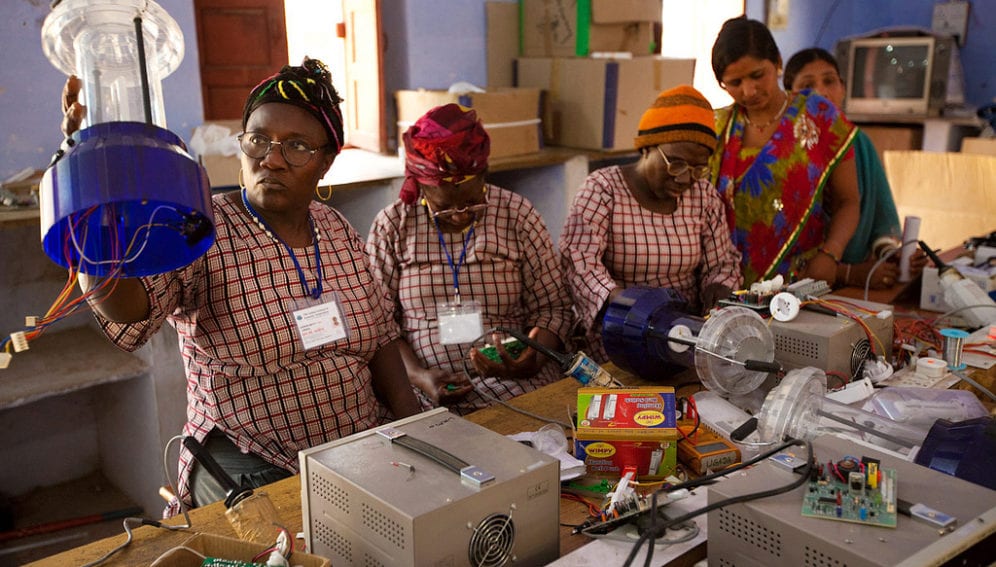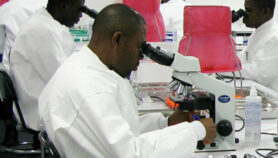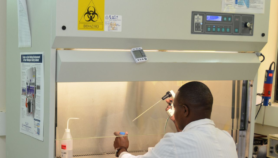By: Wagdy Sawahel
Send to a friend
The details you provide on this page will not be used to send unsolicited email, and will not be sold to a 3rd party. See privacy policy.
[CAIRO] Two projects in Benin and Madagascar that have helped train engineers and researchers in entrepreneurship and innovation skills are some of the most recent ones among more than 1,000 initiatives run by a Belgian NGO that aims to build entrepreneurial expertise through North-South exchanges.
The projects used web conferencing and distance learning to train Africans. The results were presented in a poster at the 25th conference of the European Association for International Education held in Istanbul, Turkey, last month (10-13 September).
“Belgian NGO Ex-Change is an organisation that helps African researchers with an interest in becoming entrepreneurs,” Wim De Bruyn, an information and communications technology lecturer at University College Ghent in Belgium and a volunteer expert at Ex-Change, tells SciDev.Net.
“And [it] enables them to start up a small to medium-size business in cooperation with Belgian companies, as well as promoting the exchange of ideas with Belgian entrepreneurs.”
As well as remote link-ups, the projects involved face-to-face meetings with Belgian experts.
De Bruyn says that Ex-Change uses North-South cooperation to help add an international entrepreneurial dimension to African ideas, smoothing their conversion into practical applications. The existence of a possible European market for the resulting African products and services also helps convince banks to offer their backing, he says.
“Entrepreneurship should be an integral part of educational systems”
Calestous Juma,
Harvard University
“African people are very good at setting up small businesses, but they have problems in converting their ideas to business solutions and big Western-style companies due to a lack of money,” he says.
For the project in Madagascar, 50 engineers who work at companies that belong to national IT association Goticom or are members of the chamber of commerce of the nation’s capital Antananarivo were trained in project management and applying best practice, De Bruyn says.
The Benin project involved the country's national institute of food safety, where the Belgians helped install IT systems for the analytical, physical and biological laboratories. They also trained managers and staff in good laboratory practices, and in selling their services to companies and partners to make the laboratory sustainable and independent, De Bruyn adds.
“Of course, through the NGO we cannot solve the whole organisational problem of a country, but only do small-scale but reasonably efficient actions,” De Bruyn says.
Ex-Change also runs similar projects in other parts of the world, including Ecuador, Peru and Vietnam.
Mouhamad Mpezamihigo, vice-rector for academic affairs and chairman of the research coordination committee at the Islamic University in Uganda, tells SciDev.Net he hopes “to see this African-tailored initiative functioning in more African countries and covering several industrial sectors needed for sustainable economic development”.
Calestous Juma, director of the Science, Technology and Globalization Project at Harvard University’s Kennedy School of Government, United States, says that such entrepreneurial projects need to be enhanced using educational programmes in participating countries.
“Entrepreneurship should be an integral part of educational systems,” he says.
Link to an anthology of Ex-Changes' projects
This article was originally published on SciDev.Nets Global Edition.














